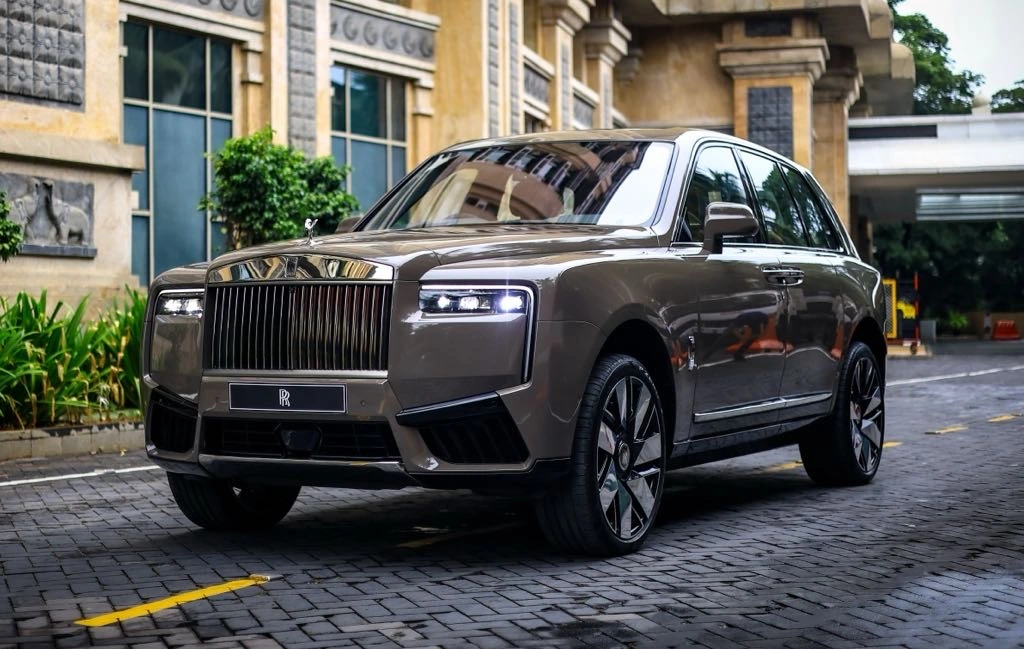The Indian government is intensifying its efforts to promote flex-fuel and alternative energy vehicles. On Monday, Union Minister Nitin Gadkari called upon state finance ministers to reduce the GST on flex-fuel vehicles. The proposal aims to lower the current Goods and Services Tax (GST) on flex-fuel cars and scooters to 12%, a significant drop from the current 28%, at the next GST Council meeting. This initiative was highlighted during Gadkari’s address at IFGE’s India Bio-Energy & Tech Expo. The goal is to make flex-fuel vehicles more affordable and encourage manufacturers to develop cost-efficient models, drawing parallels to the electric vehicle (EV) promotion strategy seen in India.
Table of Contents
The Push for GST Reduction on Flex-Fuel Vehicles
Nitin Gadkari is seriously pushing for a tax cut on flex-fuel vehicles. Reports suggest that he has already garnered the Union finance minister’s support and is in talks with various state governments, including Uttar Pradesh Chief Minister Yogi Adityanath and Maharashtra Deputy Chief Minister Ajit Pawar, to advocate for this initiative.
Currently, Internal Combustion Engine (ICE) vehicles, including hybrids and flex-fuel models, are taxed at 28% GST, whereas electric vehicles are taxed at a much lower 5% GST. Reducing the GST on flex-fuel vehicles will make them more affordable and potentially boost their adoption. This change is particularly crucial for manufacturers like Bajaj and Hero, who focus heavily on two-wheeler exports. A tax reduction would encourage them to experiment further with flex-fuel technologies, refine the product, and expand their global reach.
Also Read: Don’t make these 4 Biggest Mistakes When Buying a New Car
What Are Flex-Fuel Vehicles?
Flex-fuel vehicles are distinct from regular vehicles in that they run on a mixture of petrol and ethanol, with the ethanol content ranging from 10% (E10) to as high as 85% (E85). Modern vehicles are often compatible with E20 fuels, meaning they can handle up to 20% ethanol blends. This flexibility in fuel types gives the vehicles their name, as they can run on various ethanol-petrol mixtures. Ethanol, unlike petrol, can be sourced from multiple processes and resources, making flex-fuel vehicles more sustainable.
Flex-fuel vehicles are considered environmentally friendly, emitting fewer harmful gases like NOx (Nitrogen Oxides) and SOx (Sulfur Oxides). This makes them an appealing alternative to conventional petrol vehicles. They also feature enhanced engines equipped with sensors that detect the ethanol-petrol ratio, ensuring optimal combustion and performance based on the blend of fuel used.
Also Read: The Best Supercars of 2024: A Thrilling Line-Up
Benefits of Flex Fuel Vehicles
- Environmental Impact: Flex-fuel vehicles contribute to reducing the carbon footprint by emitting lower levels of harmful pollutants compared to regular ICE vehicles.
- Fuel Flexibility: These vehicles can run on varying proportions of ethanol, offering more flexibility and sustainability.
- Economic Benefits: If GST on flex-fuel vehicles is reduced, it will lower the upfront cost for consumers, potentially leading to broader adoption and a significant reduction in petrol consumption, benefiting India’s economy.
Challenges Faced by Flex Fuel Vehicles
Despite the potential benefits, there are certain drawbacks to flex-fuel vehicles. Some of these include:
- Reduced Fuel Efficiency: Vehicles running on higher ethanol blends may experience a drop in fuel efficiency.
- Maintenance Costs: Ethanol is corrosive, leading to higher maintenance costs for flex-fuel engines over time.
- Infrastructure Limitations: The current infrastructure for ethanol production and blending is still limited in India, and expansion will be necessary to fully support flex-fuel adoption.
Geopolitical and Economic Vision
The push for flex-fuel vehicles aligns with India’s broader vision to reduce its dependence on imported oil. By increasing the use of biofuels and flex-fuels, India can decrease its consumption of petrol and diesel, which will have positive financial implications. Currently, the country spends around Rs 22 lakh crore annually on oil imports. A shift towards flex-fuel and biofuels could help cap these expenditures, leading to a more stable and robust economy.
GST Reduction for Hybrid Vehicles
In addition to flex-fuel vehicles, Gadkari is also advocating for lowering the GST on hybrid vehicles. At present, hybrid vehicles face a 28% GST along with additional taxes, pushing the total tax burden to approximately 48%. In contrast, electric vehicles are taxed at just 5%. Gadkari believes this tax disparity is unfair and that hybrid vehicles deserve a GST reduction to 12%, which would spur innovation in the hybrid vehicle sector and encourage manufacturers to develop more cost-effective models.
Final Thoughts
Reducing the GST on flex-fuel and hybrid vehicles is an essential step towards creating a more sustainable automotive future in India. Not only will this move make these vehicles more affordable, but it will also support manufacturers in advancing cleaner technologies and reducing the country’s reliance on oil imports. If implemented, this initiative could significantly reshape India’s automotive landscape, paving the way for greener, more cost-effective transportation solutions.










